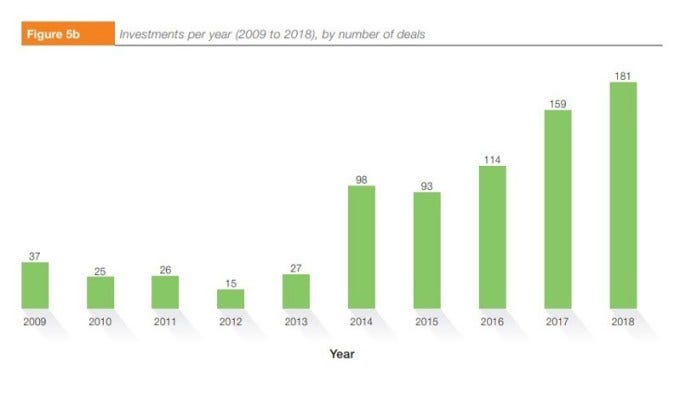Barring any last minute changes, South Africa is prepared to go ahead with a new regulation that would see black people owning at least 30% equity in every tech company in the country. This is according to the country’s Independent Communications Authority of South Africa (Icasa) which says plans are ongoing to introduce new BEE regulations for the Information and communications technology (ICT) sector before the end of the 2020/2021 financial year.
‘‘The purpose of the draft regulations is to ‘promote equity ownership by Historically Disadvantaged Persons and to promote Broad-Based Black Economic Empowerment (B-BBEE),’’ Icasa said.
Here Is What You Need To Know
In a presentation to parliament on Friday (4 September, 2020), Icasa said that the draft regulations seek to impose the following regulations, amongst others:
- According to the new regulation on any application, an Individual Licensee is required to provide the Authority with proof, by way of a certificate from a recognised and accreditated verification agency, confirming its ownership equity (shares) held by the Historically Disadvantaged Persons (HDG), which may not be lower than 30%.
- Under the new regulations, the 30% HDG equity requirement is applicable to all individual licensees of the Independent Communications Authority of South Africa (Icasa), regardless of their size and income level.
- The new 30% HDG equity requirement applies to all sorts of applications pertaining to individual licenses, including new applications, transfers, renewals and amendments.
- The only class of persons to be exempted from the new regulations are a persons with class licenses and wholly owned state entities.
- The proposed South Africa ‘s equity regulation defines black people as African, Coloured and Indian People who are citizens of South Africa by birth or descent or who have become citizens of South Africa by nationalization before 27 April 1994, or on or after 27 April 1994 and who would have been entitled to acquire citizenship by naturalization prior to that date.
- Notably, the regulations also introduce strict punishments for non-compliance including a fine not exceeding R5 million or 10% of the company’s annual turnover.
- ICASA said that compliance by existing licensees with these regulations is required within 24 months of being published.

Read also: South Africa ’s New ICT Regulation To Expand Equity Ownership For Its Black People
Data published by the South African Broad-Based Black Economic Empowerment (B-BBEE) Commission at the end of July indicates a slight change in the levels of transformation, with the overall black ownership reflecting a four percentage point increase from 25% black ownership in 2018 to 29%.
Only 3.3% of entities listed on the JSE are 100% black-owned, which was 1.2% in 2018 and 1% in 2017, the commission found.
The three worst-performing sectors on ownership in 2018 were AgriBEE (11.19%), media, advertising and communication (19.55%) and finance (21.64%).
The commission said that there are also worrying trends observed over the three-year period between 2017–2019.
“Though black ownership indicates slight change, the black ownership percentage does not always correspond with the management control scores,” it said. “For instance, an entity is able to score full points for ownership and very low on management control, which gives the impression that despite black ownership recorded, black people are not involved in the control and core operations of the measured entity. Also, the saturation of management control points is still between junior and middle management, also noting the rotation of black executive from one measured entity to another, without utilising the skills development element to create a pipeline of new black executives.”
Charles Rapulu Udoh

Charles Rapulu Udoh is a Lagos-based lawyer who has advised startups across Africa on issues such as startup funding (Venture Capital, Debt financing, private equity, angel investing etc), taxation, strategies, etc. He also has special focus on the protection of business or brands’ intellectual property rights ( such as trademark, patent or design) across Africa and other foreign jurisdictions.
He is well versed on issues of ESG (sustainability), media and entertainment law, corporate finance and governance.
He is also an award-winning writer
